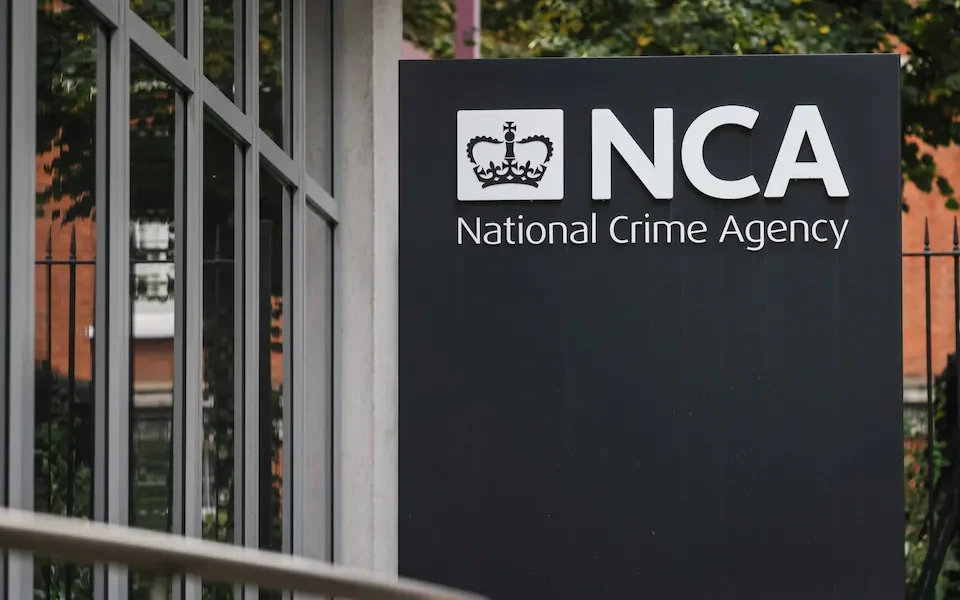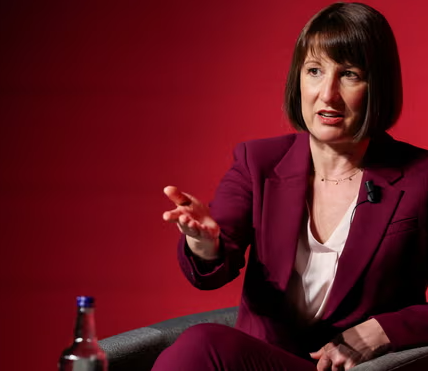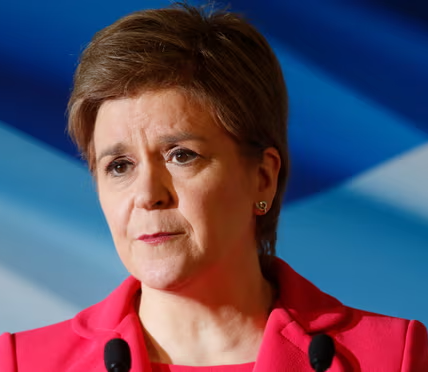International crime-fighting teams to be deployed by G7 against gangs in illegal migrant hotspots! B
Officers will collect intelligence and coordinate joint operations to combat criminals trafficking migrants

International crime fighting teams including British officers are to be deployed against people smuggling gangs in migration hotspots under a new G7 “action” plan announced on Friday.
At a three-day meeting in Italy, Yvette Cooper, the Home Secretary, and her G7 counterparts agreed to establish a network of law enforcement officers based in source countries from which the migrants originate and in “transit” nations through which they travel to stem the flow and crackdown on the gangs.
The officers would be responsible for collecting and sharing intelligence on the gangs and co-ordinating joint operations involving border and law enforcement agencies from the G7 to identify and combat the criminals trafficking migrants.
It will include UK National Crime Agency (NCA) and Border Force officers.
The move reflects increased efforts by the UK and other EU nations to tackle the problem “upstream” before migrants reach southern Europe or the Channel by turning them back at sea in the Mediterranean and disrupting the gangs’ supply chains for small boats.
Britain has already deployed more Border Force and NCA officers to Europol as well as “transit” countries such as northern France, Italy, Romania, Bulgaria, Austria and Albania and “source” countries in Africa and south-east Asia.
The moves are part of a five-point “action” plan agreed by the G7 interior ministers from the UK, France, Germany, Italy, the US, Canada and Japan – with EU representatives also present.
It also includes commitments to negotiate more returns agreements so that illegal migrants can be deported once they reach G7 countries and get social media companies to do more to remove adverts by organised crime gangs promoting their smuggling services.

Ms Cooper said: “Criminal smuggling gangs who organise small boat crossings undermine our border security and put lives at risk. Our new government is rapidly accelerating cooperation with other countries to crack down on these dangerous gangs.
“Today’s newly agreed G7 action plan provides an important focus on international law enforcement and reflects our determination to work with global partners on these shared challenges.
“New international joint investigative teams will help coordinate cross-border action and supplement the measures we have already taken to set up the UK Border Security Command and back it with new funding.
“The plan will help to increase both voluntary and enforced returns of migrants to countries of origin. It aims to offer migrants more choices and improve the overall management of migration flows.”
Channel crossings resume
The move came as migrants were brought to shore on Friday after crossing the English Channel, the first arrivals following a spell of bad weather.
Pictures showed people wearing life jackets arriving in Dover on a Border Force vessel on Friday, the first crossings since Sunday, when 59 people were recorded as arriving in one boat.
Some 25,244 migrants have so far crossed the Channel this year, 0.3 per cent on this time last year (25,330) and 25 per cent lower than the same period in 2022 (33,611).
‘Follow the money’
The agreement, signed in Rome, tasked law enforcement officers from the G7 to launch joint investigative actions against “high value targets” including organised crime gangs as well as creating a “network of liaison officers” in transit and source countries.
This included sharing expertise on the seizure and confiscation of criminal proceeds by taking a “follow the money” approach.
It also committed to “exploring equitable and mutually beneficial partnerships and bilateral or multilateral instruments with countries of origin, transit, and destination, aimed at cooperation in the field of combating smuggling of migrants, trafficking in persons and border security.”


